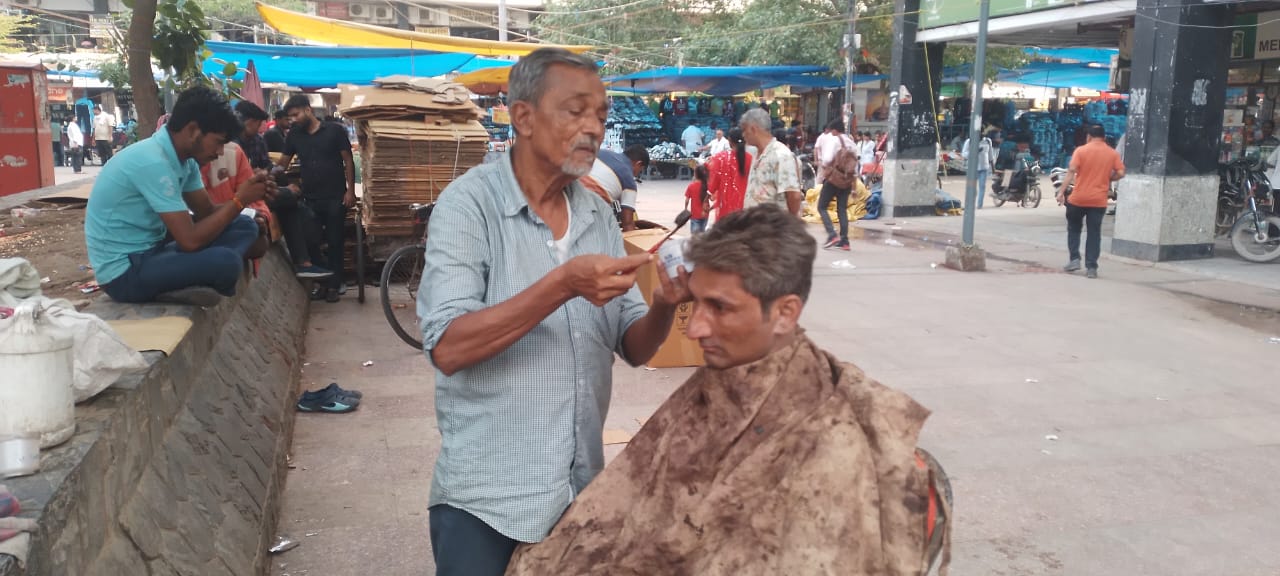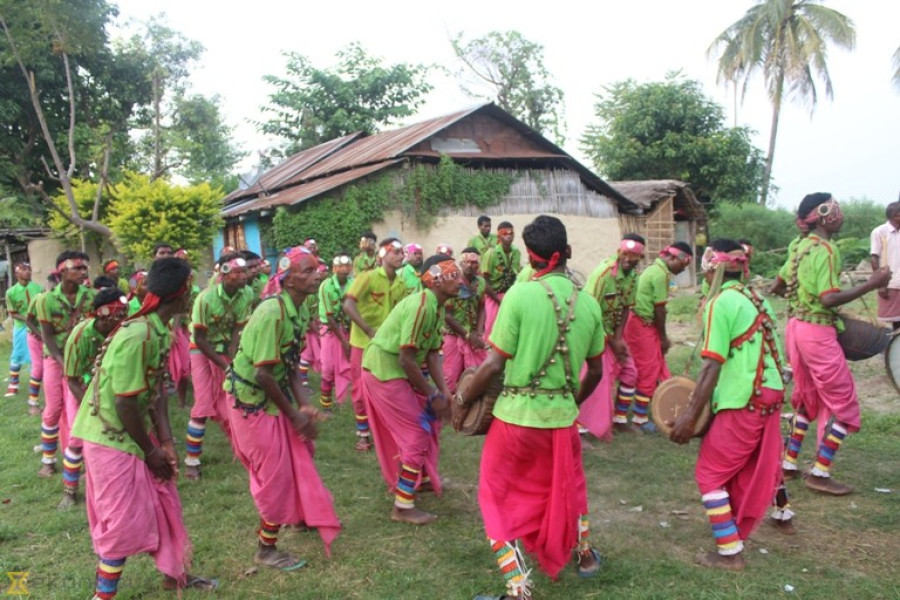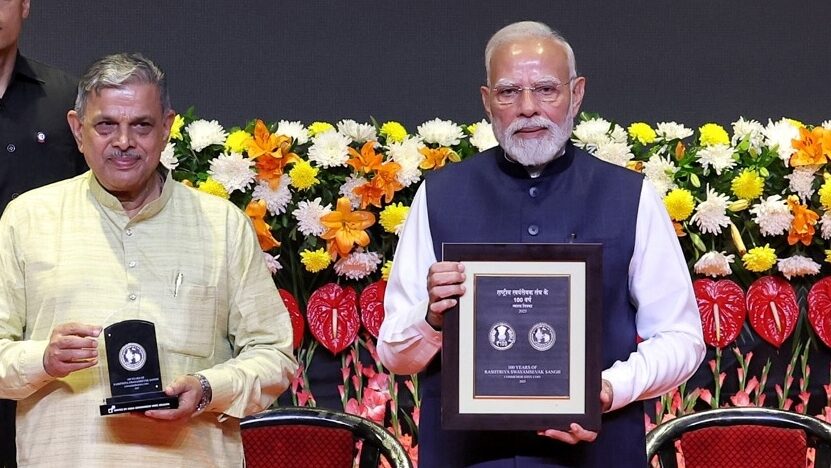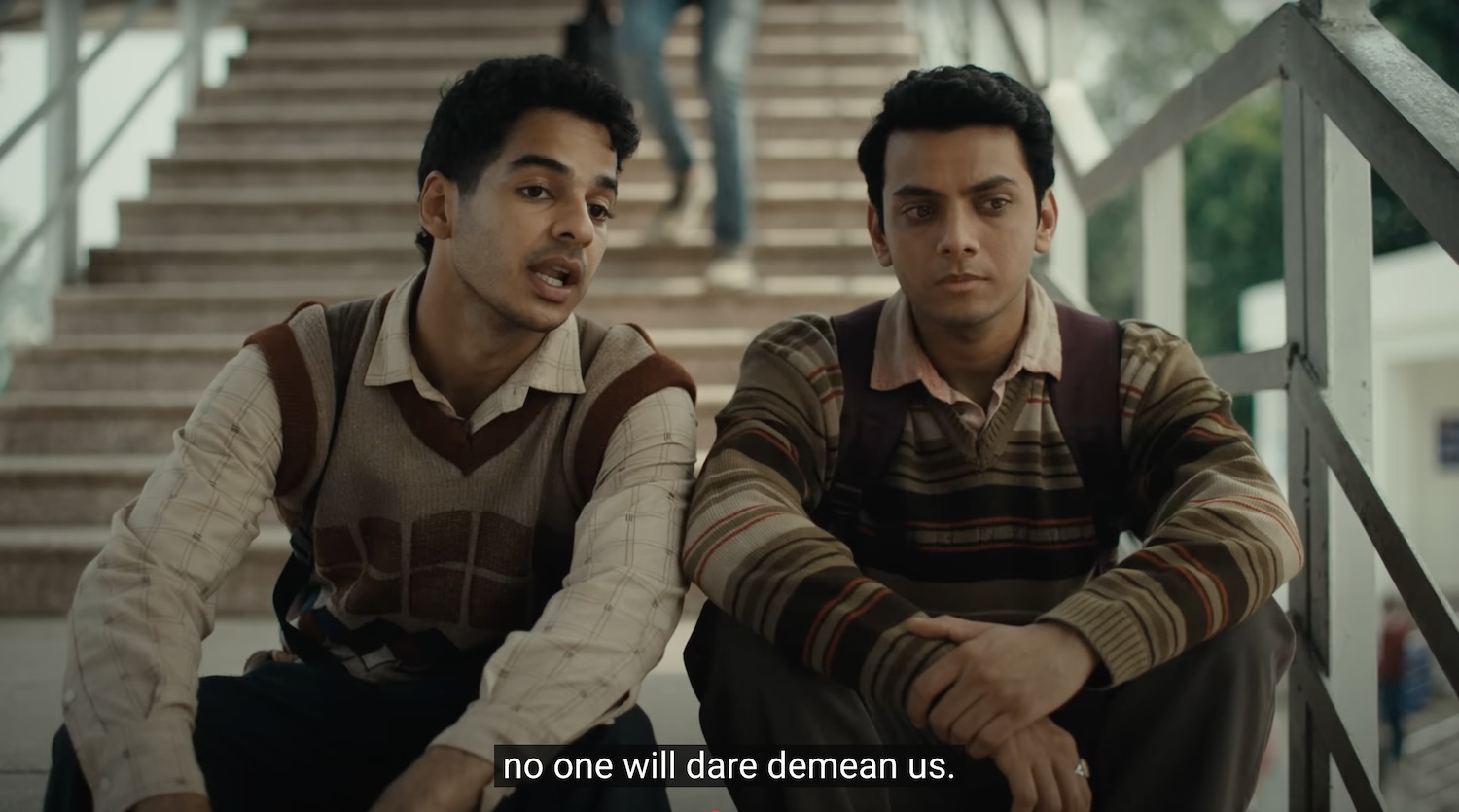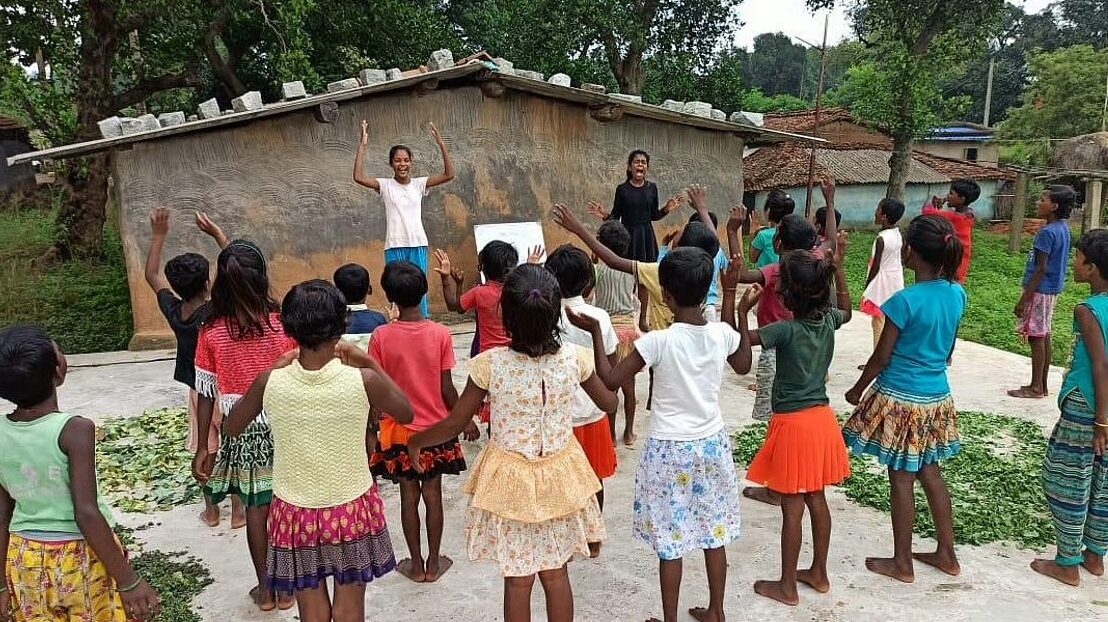The associates of the Bharatiya Janata Party (BJP) often claim that these days the Dalits and the OBCs run the country. Look at the significant number of OBCs holding Constitutional positions and have been elected to various legislatures, they say. But despite a Dalit president, an OBC prime minister and a number of OBC ministers, why is the reservation regime becoming increasingly irrelevant and why are so many reserved posts lying vacant?
According to numbers put out by the central government, more than half of the posts reserved for the Scheduled Castes (SCs), Scheduled Tribes (STs) and OBCs in central government services are lying vacant. The same situation prevails in central universities, which are autonomous institutions where central government recruitment rules apply. At the end of the year 2021, the government admitted that almost half of the reserved posts in central universities were lying vacant. In a written answer to a question in Parliament, the government said that of the 5,737 posts reserved for SCs in 45 central universities, 2,389 are vacant. The corresponding figures for STs are 3,097 and 1,199 and for OBCs 7,815 and 4,251. In Indira Gandhi National Open University (IGNOU), 157 of 380 posts reserved for SCs, 88 of 180 for STs and 231 of 346 reserved for OBCs are vacant. These figures betray an extreme disregard, bordering on mockery, of reservation norms.
 The Department-related Parliamentary Standing Committee on Personnel, Public Grievances, Law and Justice recently released its 112th report. The report says that the problem is not only the huge backlog in appointments to reserved posts in central government departments but also the government’s apathy to filling up these posts. The government has no agency or mechanism to keep track of the vacant reserved posts.
The Department-related Parliamentary Standing Committee on Personnel, Public Grievances, Law and Justice recently released its 112th report. The report says that the problem is not only the huge backlog in appointments to reserved posts in central government departments but also the government’s apathy to filling up these posts. The government has no agency or mechanism to keep track of the vacant reserved posts.
According to the report, there is a backlog of appointments to reserved posts even in the Home Ministry. Of the 6,393 reserved for SCs in the ministry, only 1,108 have been filled. Similarly, of the 3,524 posts reserved for STs, only 466 are occupied. Of the 6,610 posts reserved for OBCs, a mere 717 have been filled.
On 17 March 2022, Jitendra Singh, the minister in charge of the Department of Personnel and Training said that the total number of central government employees from Group A to C, including safai karamcharis, is 5.12 lakh. Of them, 17.70 per cent are SCs, 6.72 per cent are STs, 20.26 per cent are OBCs and 0.02 per cent are from Economically Weaker Sections (EWS). In Group A – the top category – SCs form just 12.86 per and OBCs 16.88 per cent (when OBCs are entitled to 27 per cent!). However, data related to major central departments like the Railways and Posts was not included in the figures furnished by the union ministers.

To sum up, it seems that the government is not interested in implementing reservation norms. From time to time the Prime Minister and other ministers issue statements that the Dalits and the OBCs will get their legitimate rights. These kinds of statements evoke hope but that hope is never fulfilled. This is happening when the government claims that “sabka saath, sabka vikas” is its motto. Dalits and OBCs have adequate presence in the government and Parliament and neither will come in the way of implementing reservation norms. If reserved posts are still lying vacant, it shows a lack of willpower on the part of the government and also that the Dalit and OBC leaders are only there for their vested interests.
(Translation: Amrish Herdenia; copy-editing: Anil)
Forward Press also publishes books on Bahujan issues. Forward Press Books sheds light on the widespread problems as well as the finer aspects of Bahujan (Dalit, OBC, Adivasi, Nomadic, Pasmanda) society, culture, literature and politics. Contact us for a list of FP Books’ titles and to order. Mobile: +917827427311, Email: info@forwardmagazine.in)
The titles from Forward Press Books are also available on Kindle and these e-books cost less than their print versions. Browse and buy:
The Case for Bahujan Literature
Dalit Panthers: An Authoritative History


